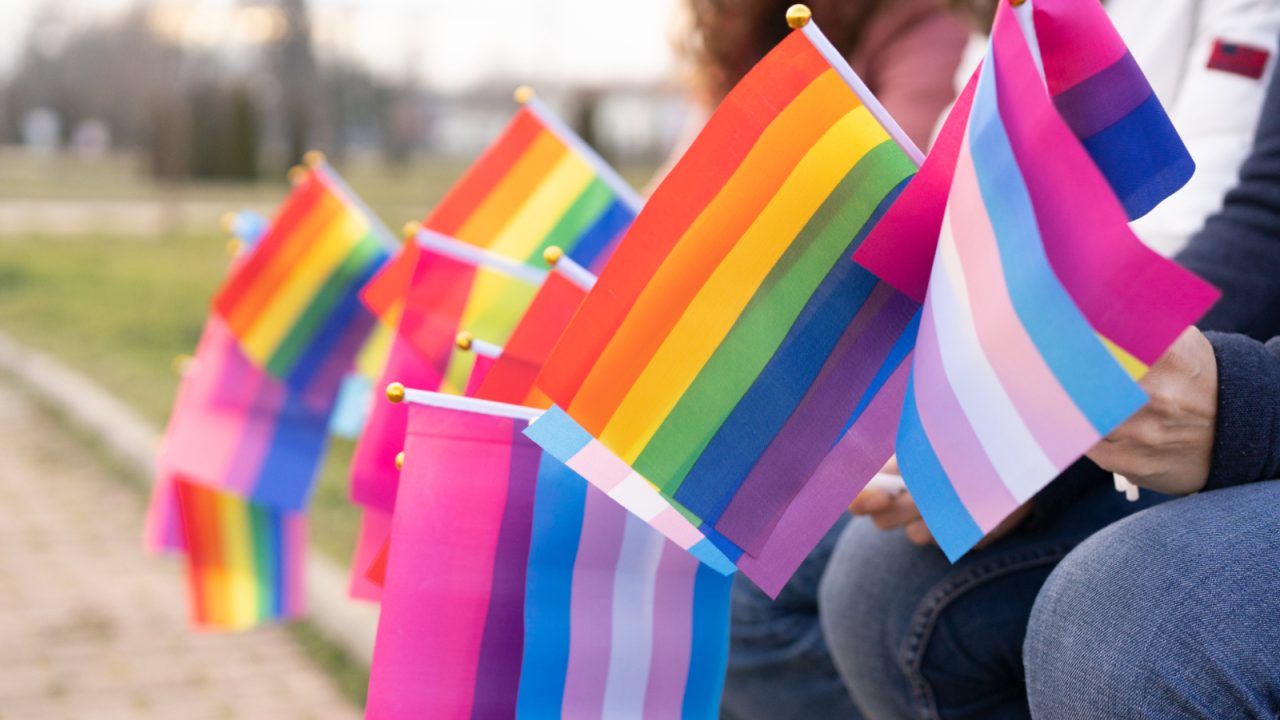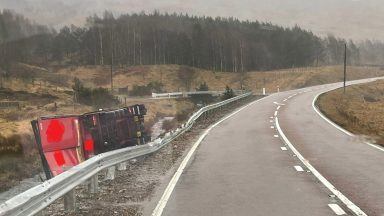Scotland’s biggest teaching union has warned against “inaccurate information” being lobbied towards schools regarding transgender pupils and the Gender Recognition Reform Bill.
The Education Institute of Scotland (EIS) has issued guidance in a briefing for members in response to inaccurate myths surrounding the new GRR (Scotland) Bill and its relation to the Gender Recognition Act of 2004 and the Equality Act of 2010.
The union said it is “supportive of a self-declaration system for gender recognition” and has observed “a rise in toxic debate and misinformation around the proposed changes, and the existing rights of transgender people”.
The EIS say the Bill would “have a major impact on improving the wellbeing and dignity of trans people” and states that “risks to women’s equality and safety are not the fault of trans people”.
The Scottish Parliament passed the GRR (Scotland) Bill by a majority of 86 to 39, with no abstentions in December last year.
The Bill is one of the most consulted upon pieces of legislation in the history of the Scottish Parliament. The consultation process dates back to 2017 with multiple rounds of evidence gathering, and nine months of scrutiny.
The UK Government later announced it would use section 35 of the Scotland Act (1998) to block the implementation of the Bill claiming it could interfere with UK-wide legislation.

The EIS say schools have reported a rise in receiving lobbying material regarding the legislation in the form of online pressure and flyers with misinformation.
The guidance, published on Tuesday, aims to counter the rise in misinformation and provide clarity on the subject for teaching staff.
It states that the Bill will “make the process of obtaining a birth certificate that matches a person’s gender identity less intrusive, which is misunderstood by some to mean that trans people will have new rights and entitlements to single-sex services”.
Regarding the provision of single-sex activities within school, the EIS guidance states: “Where there is a difference in service or activity between boys and girls, transgender people should be treated according to their gender identity – or, if they are non-binary, on the basis that they have a choice (and this might alter from time to time).
“So, if a school activity is divided between boys and girls, a transgender boy should as the standard, be with the rest of the boys.”
The union also criticized “media rhetoric” which it says “reinforces harmful stereotypes about trans people” by focussing on the idea of danger surrounding the legislation.
Many have spoken out against the changes to legislation including SNP MSP Joanna Cherry and Harry Potter author JK Rowing.
Ash Regan, who is currently running to replace Nicola Sturgeon as SNP leader and First Minister of Scotland, resigned in October last year as the Government minister for community safety in opposition to the GRR Bill.
If successful in the leadership race, Regan has vowed to scrap the legislation arguing that the Bill would “put women and girls in danger”.
She said: “I would not be progressing the GRR Bill, it’s caused a lot of division, it’s extremely flawed and I wouldn’t want it to take up any more time.”
Follow STV News on WhatsApp
Scan the QR code on your mobile device for all the latest news from around the country


 iStock
iStock

























